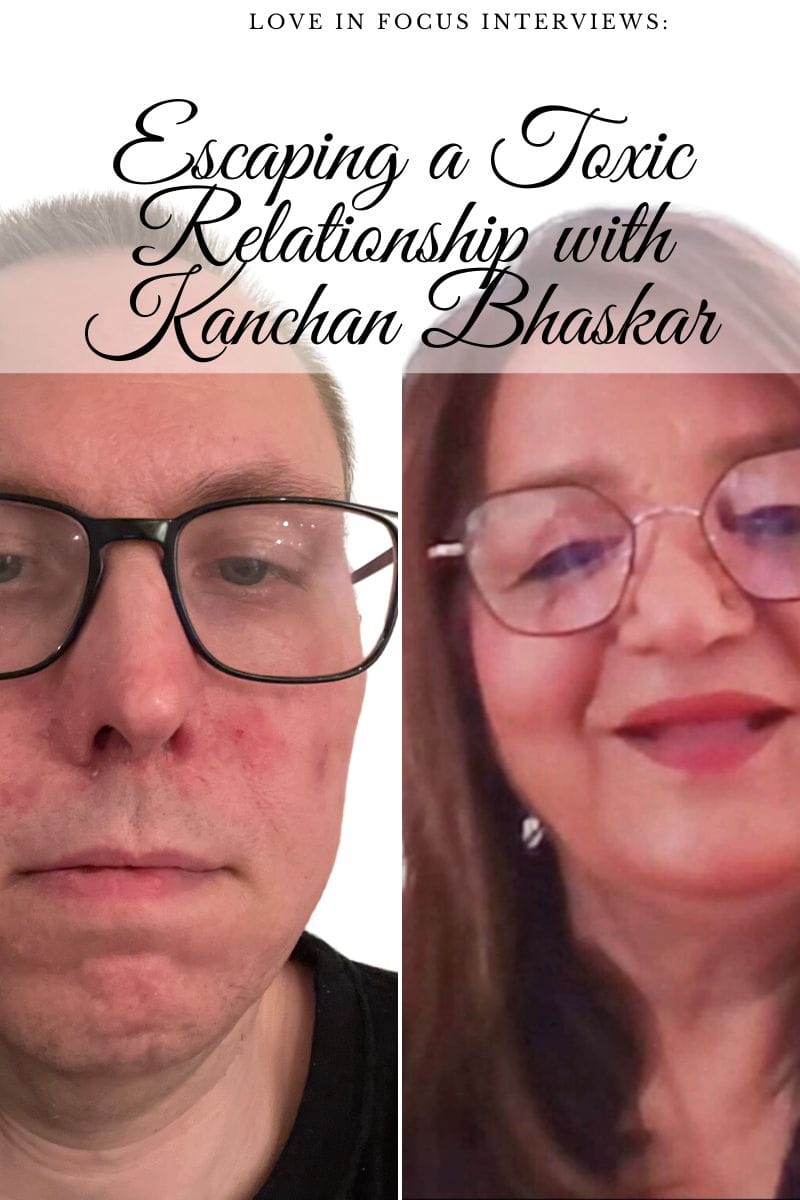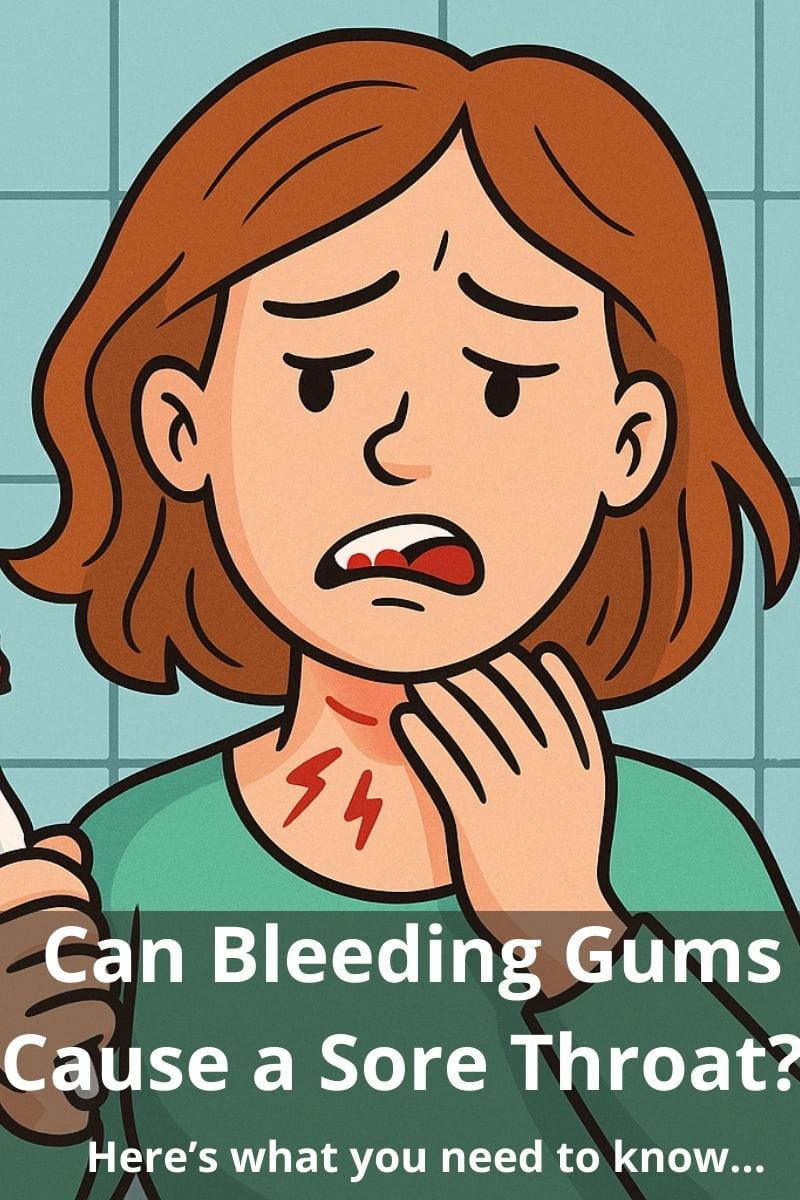We are a professional review company that receives compensation from companies whose products we review. We test each product thoroughly and give high marks only to the ones that are the very best. We are independently owned, and the opinions expressed here are our own.
Toxic relationships often begin subtly—small put-downs, criticisms framed as “jokes,” or a persistent sense of walking on eggshells. Over time, these patterns can escalate, leaving individuals feeling trapped, confused, and emotionally drained. Following my recent interview with Kanchan Bhaskar, who shared invaluable insights on identifying and overcoming these destructive dynamics, it’s clear that awareness, support, and courage are key ingredients in reclaiming one’s life.
5 Signs of a Toxic Relationship
1. Emotional Manipulation and Control:
A partner who persistently undermines your self-confidence, isolates you from friends and family or uses guilt and shame to steer your decisions is exhibiting classic signs of emotional manipulation. According to Bhaskar, it’s crucial to recognize when your partner’s words and actions are designed to maintain dominance rather than build mutual respect.
2. Persistent Disrespect and Dismissiveness:
Toxic partners often belittle their counterpart’s feelings or opinions. Constant sarcasm, name-calling, or ignoring emotional needs are not merely “bad habits” but indicators of a harmful environment.
3. Fear and Anxiety in the Relationship:
Feeling anxious about spending time with your partner, worrying about how they’ll react to even minor issues, or constantly monitoring your behavior to avoid conflict can signal a deeply unhealthy dynamic.
4. Loss of Self-Identity:
In a toxic relationship, individuals often abandon personal goals, interests, or friendships to keep the peace. Maintaining harmony requires giving up who you are, and it’s a clear sign of imbalance and harm.
5. Walking on Eggshells:
You constantly fear triggering their anger or disapproval. You censor yourself, hide your true feelings, and modify your behavior to avoid conflict, leaving you anxious and drained.

How to Support Someone in a Toxic Relationship
1. Approach with Compassion, Not Judgment:
If someone you care about is experiencing a toxic relationship, it’s essential to be patient and understanding. Bhaskar emphasizes that victims often feel ashamed or fear they won’t be believed. Offer empathy, listen without interrupting, and validate their feelings.
2. Provide Information and Resources:
Knowledge is empowering. Suggest reputable articles, helplines, and support groups where they can learn more about what they’re experiencing. Let them know they’re not alone and that others have successfully left unhealthy relationships.
3. Encourage Professional Help:
Therapists, counselors, and domestic violence advocates can offer tailored strategies for navigating complex emotions and planning safe exits. Remind your loved one that seeking professional support is a sign of strength, not weakness.

Breaking Free and Reclaiming Control
- Acknowledge the Situation:
Admit to yourself that the relationship is harmful. Recognize that you deserve respect and that no amount of love justifies living in fear, shame, or sorrow. - Seek External Support:
Confide in trusted friends or family members, and consider professional guidance from therapists, counselors, or helplines. Outside perspectives can validate your experience and help you develop a clear plan. - Establish Boundaries and Safety Plans:
If you fear a volatile reaction, plan your exit strategy carefully. Gather important documents, set aside savings if possible, and identify a safe place to go. Having a concrete plan can give you confidence and security. - Reconnect with Yourself and Others:
Re-establish contact with supportive people who affirm your worth. Join support groups, engage in activities that uplift you, and rebuild self-esteem that may have eroded over time. - Follow Through and Seek Continued Help:
After leaving, it’s natural to feel a range of emotions, from relief to confusion. Continue working with professionals, maintain supportive connections, and practice self-care to ensure long-term emotional healing and independence.

Further Reading and Resources
For additional insights and guidance, consider linking to the following articles:
- Recognizing the Signs of Emotional Abuse (Canadian Women)
Learn to identify subtle manipulations and patterns that signal a toxic dynamic. - How to Leave a Toxic Relationship (Verywell Mind)
Practical advice on planning a safe exit and what steps to take immediately after leaving. - Understanding Trauma Bonding (Psychology Today)
Explore why individuals may feel strangely “hooked” to their abuser and how to break these unhealthy bonds.
In closing, the insights from my interview with Kanchan Bhaskar highlight that escaping a toxic relationship is an act of self-empowerment and self-preservation. By recognizing the warning signs, seeking help, and taking deliberate steps toward safety and healing, individuals can break free and reclaim the life and dignity they deserve.
Let’s all hope for relationships that allow both partners to thrive,




What do you think about the article you've just read? Please tell me below.